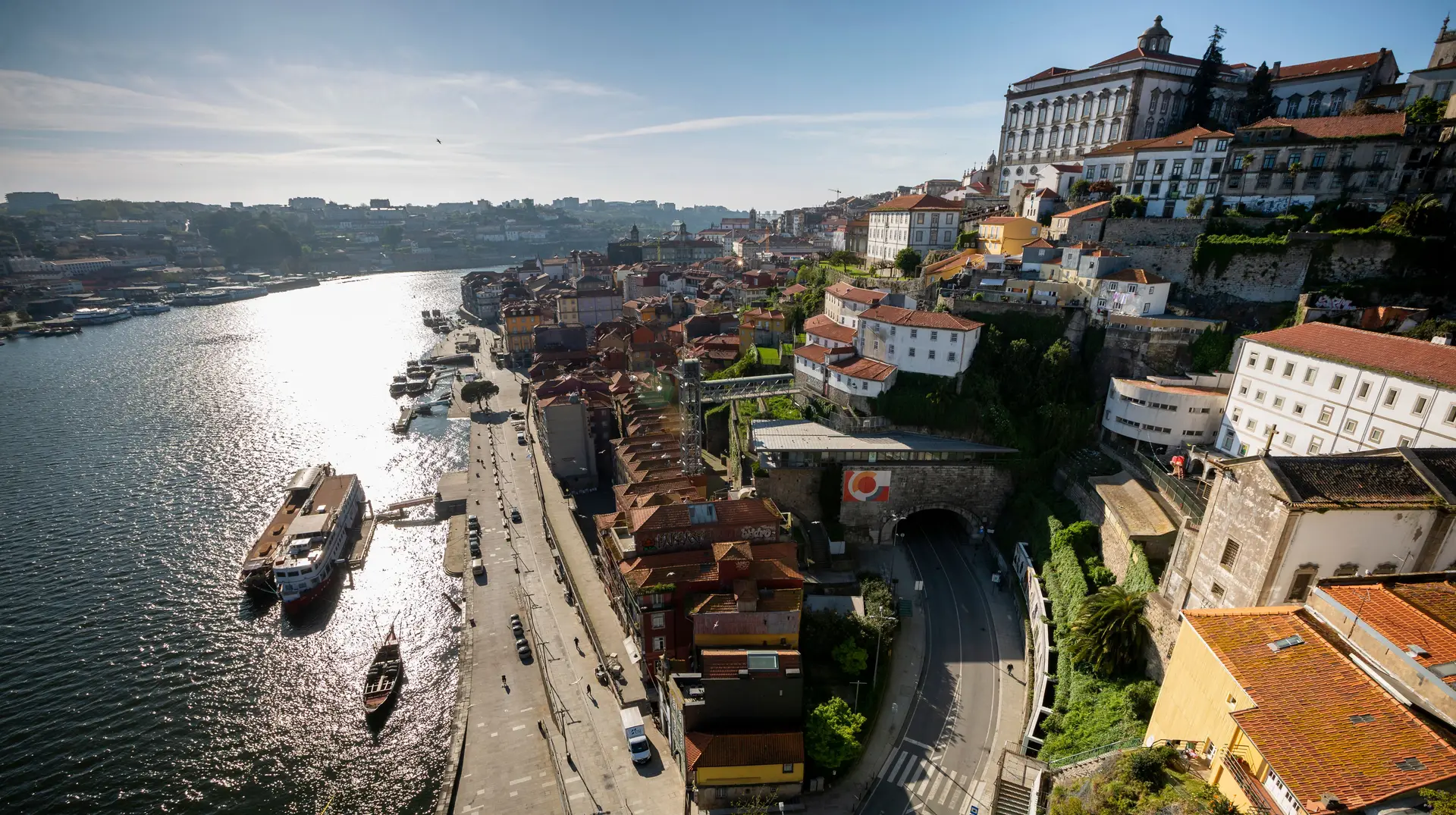Empty streets, grounded aircraft, totally and partially closed-down industrial facilities. As governments in all countries have responded to the impact of the coronavirus, implementing containment measures for their citizens, air quality has improved significantly. The slowdown in the economy has resulted in major improvements to the atmosphere in a number of more industrialised regions and large cities such as Lisbon and Porto.
EMISSIONS DOWN BY 8%
This is due not only to the drastic reduction in emissions of nitrogen oxides and other molecules from internal combustion engine vehicle exhausts, but also to the drop in greenhouse gas emissions, in particular CO2.
According to Filipe Duarte Santos, a retired professor of physics at the University of Lisbon School of Sciences and president of the National Council for the Environment and Sustainable Development, “the 8% decrease in emissions between 2019 and 2020 is huge and is the biggest reduction arising from any of the crises of the 20th and 21st centuries”. In the professor´s opinion, “it´s greater than those arising from the Spanish flu, World War I, the Great Depression, World War II and, more recently, the financial and economic crisis of 2008/2009". Moreover, this means that “we are facing the biggest economic crisis of modern times, and that the firm relationship between the consumption of fossil fuels and human activity still exists". Suffice it to say that around 80% of the energy we consume still comes from primary sources: coal, oil and natural gas.
"The 8% decrease in emissions between 2019 and 2020 is huge and is the biggest reduction arising from any of the crises of the 20th and 21st centuries"
“The reduction in emissions (...) is huge and is the biggest drop arising from all the crises of the 20th and 21st centuries”
However, as far Filipe Duarte Santos is concerned, other crises still exist and are linked to the impact of human activity on nature. On the one hand, “we have the crisis of the loss of biodiversity, due to pollution, the degradation of the environment and deforestation in different parts of the world”. And on the other, climate change.






